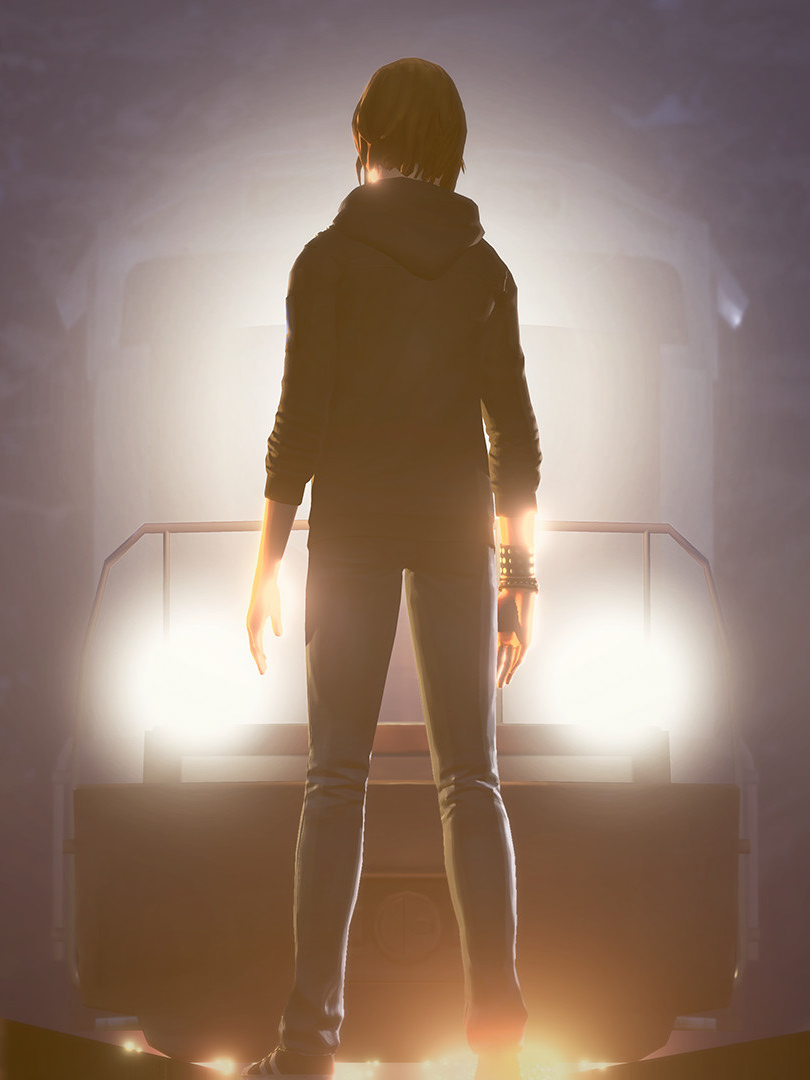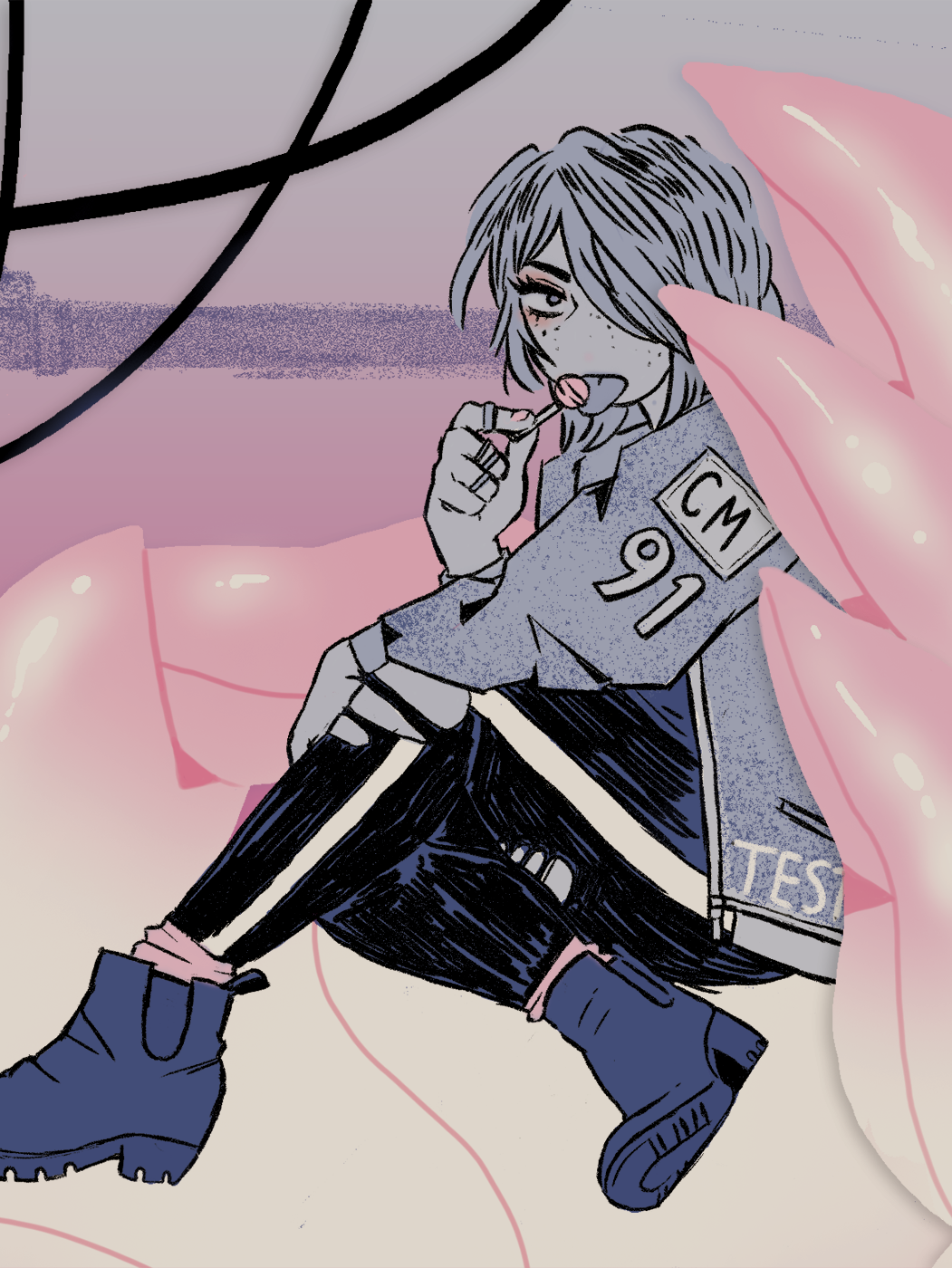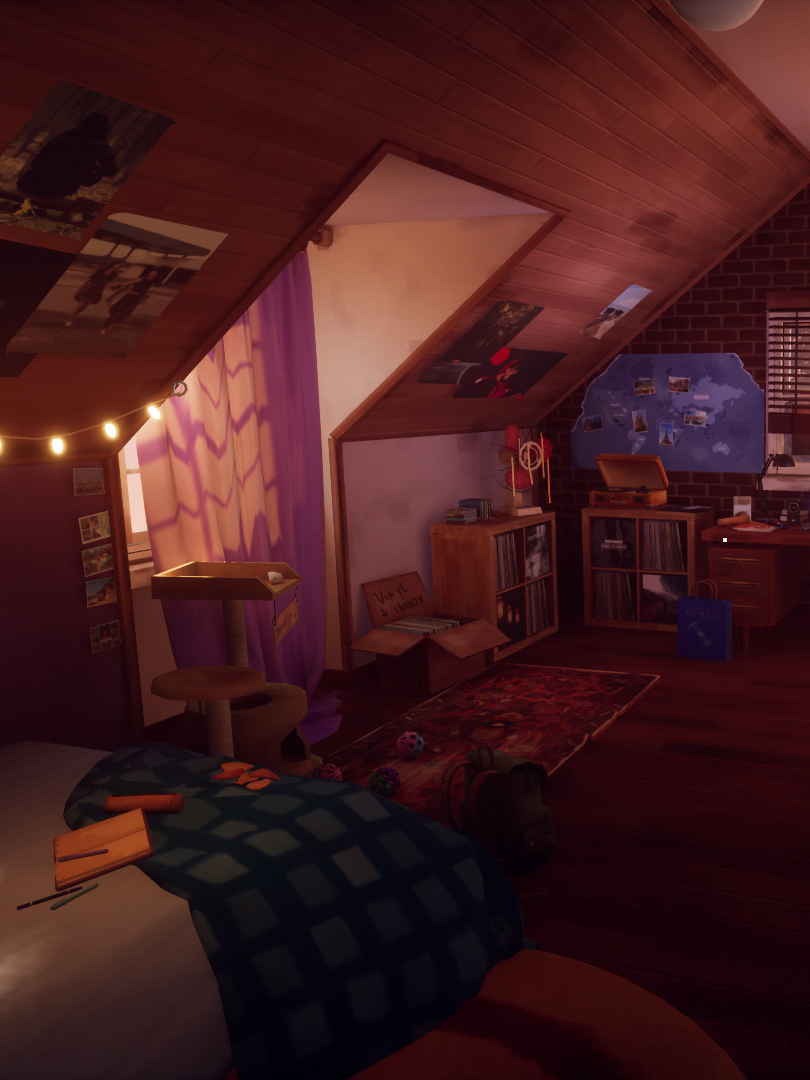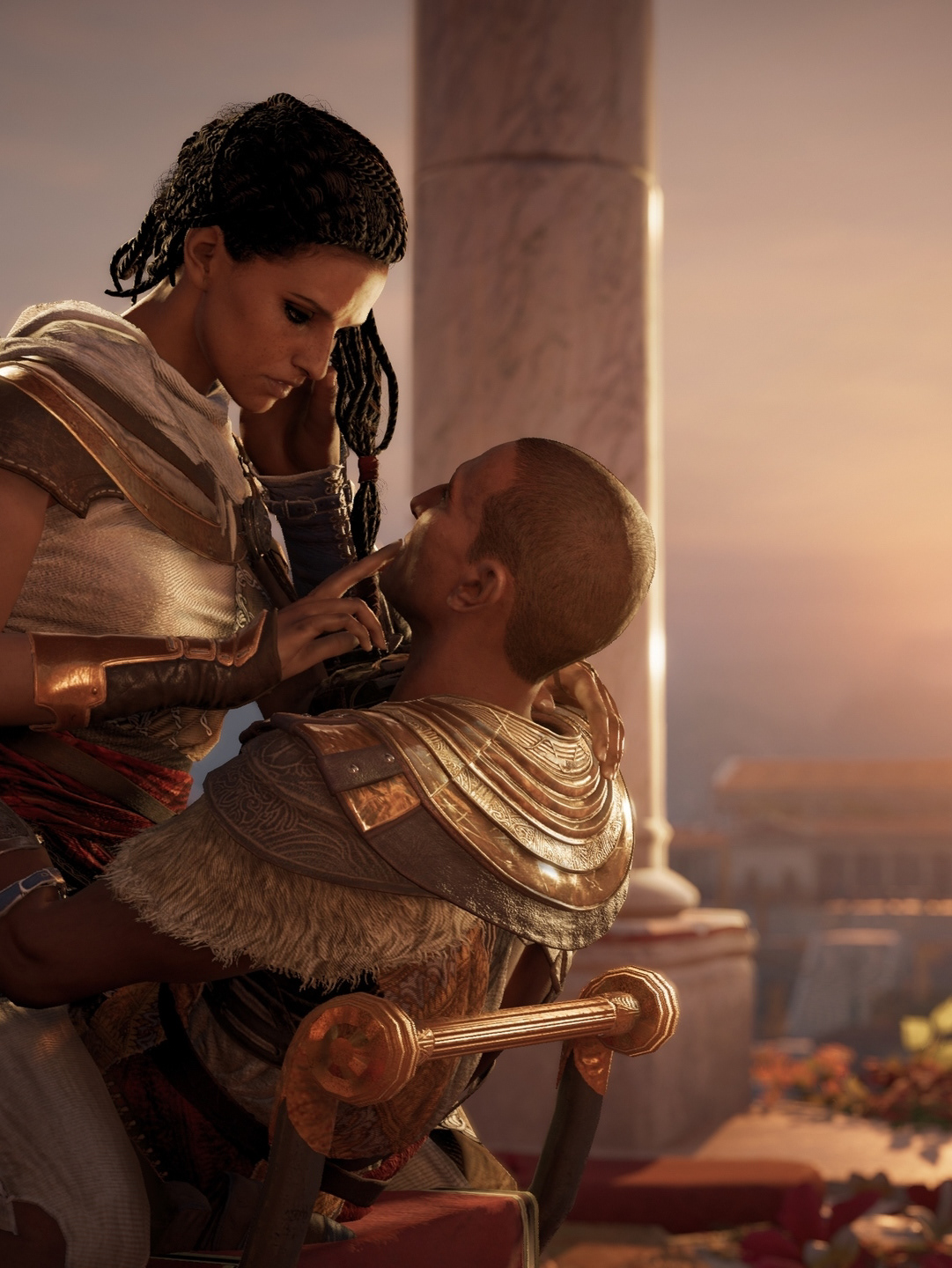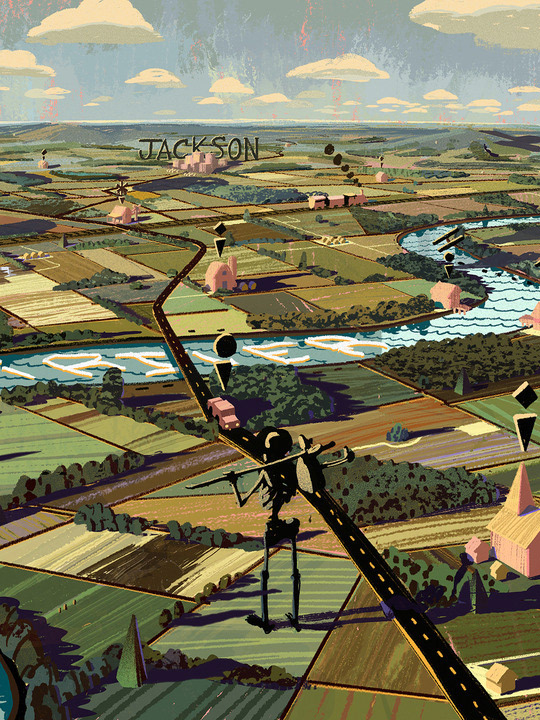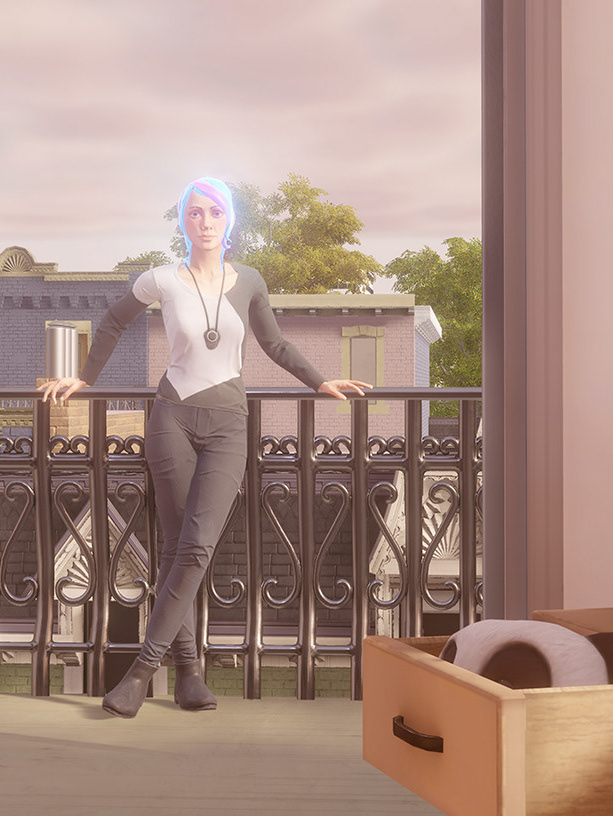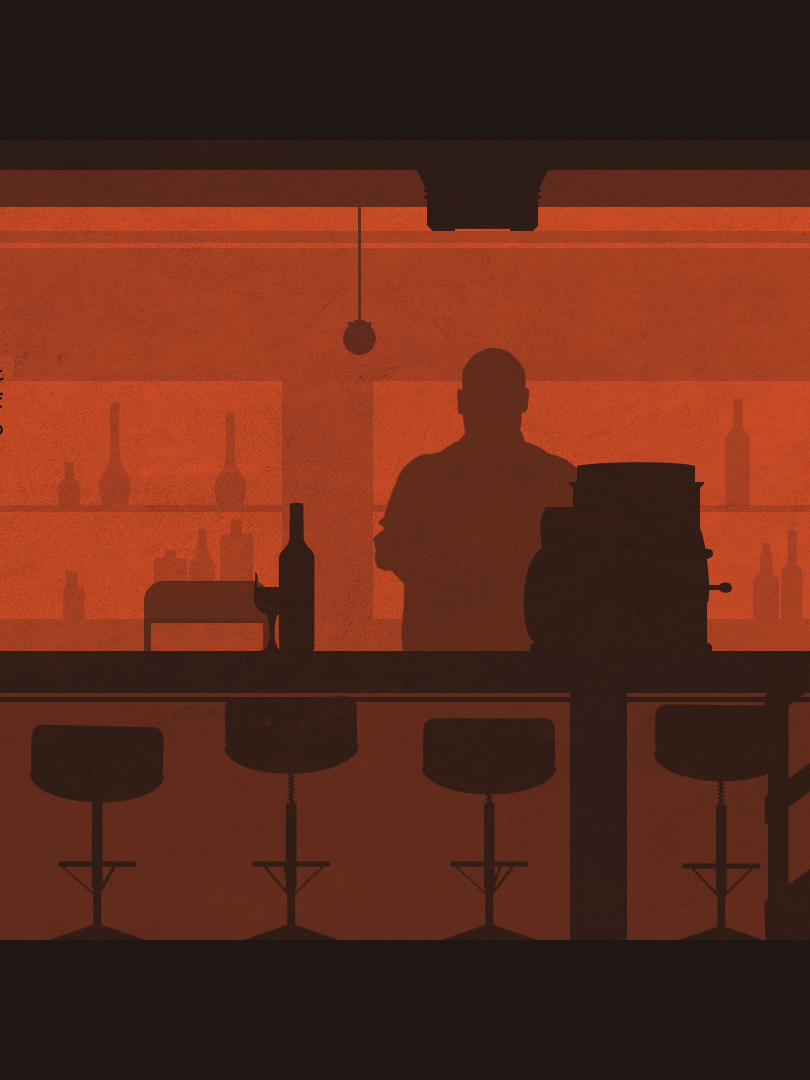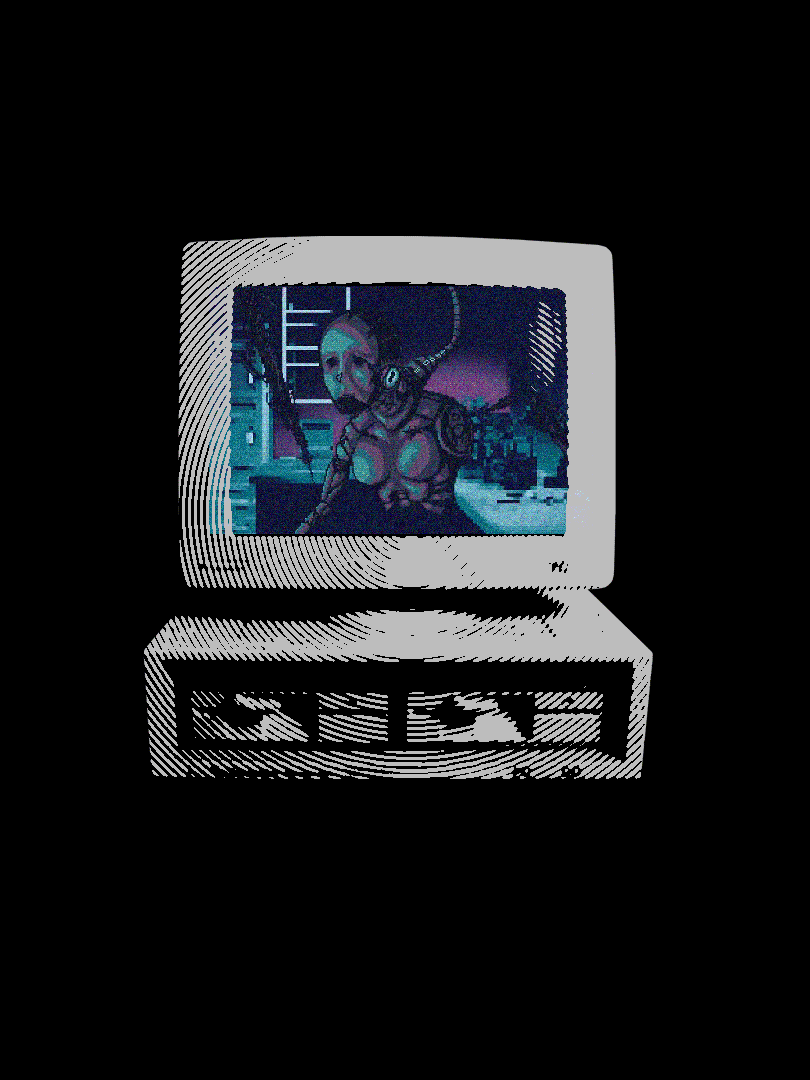A quiet summer afternoon before you, you settle in and sit cross-legged across from your CRT TV in your wood-paneled basement. You quietly hum to yourself as your Playstation whirrs to life and the title screen of Arc Symphony appears on screen. The theme music has become the soundtrack to your summer as you dive into its world alongside Satoshi Davis and his compatriots, going on an adventure. You remember the poorly translated strategy guide beside you, and the playground rumors of a movie on the horizon. You remember this scene so clearly, or do you?
Arc Symphony is a JRPG developed by Aether Interactive for... wait, no. Arc Symphony is a new narrative game from Sophia Park and Penelope Evans based on a Usenet group, the personalities found within and the game that brought them together. You slip into the role of someone who has been absent from their community for awhile, and try to blend in with the drama, the relationships and the conversation surrounding Arc Symphony. It is a game about identity.
To begin, you take a personality test that matches you with one of the game's main characters. You take a username based off this result and slip into this role. I played as "Cypher" and tried to act like I would, or at least, how I think "Cypher" would and began interacting with those in this community. Your primary interface is that of an old computer, complete with dial-up noises and some suspiciously fast, if not convenient, download speeds. You'll reply to e-mails, chat in the chatroom and read your own fan fiction that has been placed in the trash, sometimes for obvious reasons. With these extra files and lists of favorite movies it helps round out the character you find yourself in, and these change also depending on your original test choices.
The game asks you at it's start, "Who Are You?" and it never loses this theme of identity. Despite interacting with a stylized old computer monitor, the human element clearly comes through. When a character called me a "dickhead" for my less than charitable e-mail response I laughed, and when other character's real lives bleed into this reality it is moving. Sophia and Penelope do an amazing job at capturing that feeling of knowing and sympathizing with someone you've met through the internet so well, even in this vignette when you're dropped into the thick of it.
Arc Symphony gives you a glimpse into the past, and with that, a self-reflection on where we've grown up. For many of us, that was on the internet.
Identity has been found through these old communities, and they've helped so many people find themselves online when real life couldn't. We've stayed up countless nights talking to those who feel so close, despite being miles away and the game captures that feeling and that importance. Even today, our old stomping grounds remain as ghost towns, decaying monuments to our formative years. I spent a lot of time on a Neopets forum as I grew up. I made friends there and discovered a lot about myself when I couldn't from my other life. These old forums are still there, and seeing them again made me revisit how it shaped me.
In our more modern internet, this occurs even more thanks to the scope and the prominence of internet communities. I would argue it's harder to find that tight knit group again based on that obscure JRPG you loved, that strange but comforting collection of strangers who became friends and who knew you only through your own online identity. But, in losing that we've gained a better understanding overall and the ability to connect with someone who really shares your identity is easier now.
We find second homes online, and we can recreate ourselves in ways that we can't in real life. We find our true selves through these communities and Arc Symphony helps reminds us of that. It harkens back to a simpler, even more optimistic time of the internet to remind us of our roots and to remind that these groups are so important in helping to find ourselves, and it all came from wanting to talk about a game.
Also to note, the marketing campaign for Arc Symphony was brilliant and tied perfectly into the game's themes. It created a little bit of that old internet, where information wasn't so readily available. You may remember playing Arc Symphony when you were younger, and that is thanks to Sophia and Penelope creating a game that feels so close to the ones we had, and creating a community around it that reminds us of those days.
I had the pleasure of meeting Sophia Park at TCAF this year and that is where this article was born! I followed up with her and Penelope about the game, and that interview is below:
I was immediately reminded of diving into video game communities when I was younger, and seeking out guidance not only in the game but in broader terms as well. What gave you inspiration for this idea and what game communities do you have fondness for after growing up with them?
Sophia: Oh god, do you really want to know? Okay, okay, fine. I was on a Nintendo GameCube email group on Yahoo Groups. After that though, I was entirely on internet forums: think vBulletin, Invisionfree. It was mostly ‘general gamer’ communities, but I also spent a lot of time on GFX boards where we “perfected sigs”, and I had to unlearn those bad habits as I learned more about graphic design…I employed some of those bad habits for this project, haha.
Penelope: I grew up in The Sims community, basically since I was allowed to go online. I started playing when I was eight and browsed a forum for the first time at ten or eleven (using an account my dad made me). I still have an incredible fondness for the community, and in some places online it exists in a very similar way to how it was in the early 2000s. I think I was lucky to grow up in a game community with a huge number of women in it. That was a brilliant thing.
The way you went about creating the game "Arc Symphony", so much of it feels so familiar even though it was never a real game itself. What went into this process?
Sophia: It was a lot of improvisation. Penelope and I have a natural “yes and” flow with each other and during the conception phase we were riffing on some stereotypical tropes of early attempts at Japanese localisation: we found “Satoshi and Dallas” hilarious, we found “Satoshi Davis” even better … it kept growing and growing based on how much we could make each other laugh.
Penelope: We dived into research pretty heavily. I have less of a background in any game people would call “serious” especially retro ones, and I designed the cover, so I spent a lot of hours browsing the minute details of old Final Fantasy covers and debating over which ESRB rating to apply. But we also looked a lot at how people talked about these games, what parts of the plot stuck out to them, stuff like that.
On the topic of game communities, I felt a connection to both the playable character as well as others like Mysteria and saw a bit of myself in some of the interactions. Do you think these kind of interactions can still happen with more modern social media, or have the older tightknit communities that would spring up on Geocities sites and in Livejournal have passed?
Sophia: I just like how comparatively naive ‘old internet’ was … a lot of the same powers are still there, but people now are so cynical. They don’t trust as much as they used to. So I wondered about how playing with identity could tie into a kind of ‘betrayal’ with this game. People when I was growing up told me not to talk to strangers on the internet; but they were my only friends ...
Penelope: There’s something incredibly sorrowful about I guess the loss of aesthetics. We made this fansite and this old chunky desktop and this game case, and none of those things exist in quite the same way. But you can still find people online to speculate about sequels, and you can still browse from a computer and buy a game in the store. And forums haven’t gone anywhere, sometimes even ones started in the 90s. There are pockets of the web that are clinging onto this era. I can’t really speak to how much success they’re having, but at the core I think the same stuff is always happening somewhere. The next game I play I’m going to need help and someone online is going to help me.
Finding identity within media and entertainment has been important for the last couple of decades especially, as we seek a community within these forms of fiction. Has the ability to this improved with more modern media and games and in your opinion has it changed in any significant ways?
Sophia: I really like how technology allows us to be more malleable with our identity actually. I mean, I’m a trans woman, but the first thing I did when I took the name “Sophia” was open a new Google account. And seeing “Sophia” up there was so weird, but after a while it felt so good, so natural. And even now I tend to call people the name I see them have online just because that’s sort of all I know. It’s the online record.
Penelope: One of the funniest things about writing this game is you get characters like Stephen who just throws his name up there. The only way to get online was to be into computers (and have some money to throw around) or get connected through university. No one knew really what the web was going to be for, or what it was capable of. I think there was an idea that you should just be you, that your personality would make it out the other side for people reading it. But everyone now knows how hard it is to control the way instant messages are read, and it’s now a lot more important to control your persona online.
One more question, whose cat is is Murray? Is Murray a random internet cat or one you know?
Sophia: I asked Penny, she got that photo for the game. She said: "Murray is the name of a cat that belongs to whoever owns the player handle. But in real life, it's a pic of a cat we spotted in the neighbourhood and took pictures of because he looked so sad. The hand he's ignoring is my roommates.”
